What Others Say
Since late 2023, we have asked various friends and colleagues to write short testimonies of how MC’s work has impacted their work and lives. We also asked them to reflect on the general importance of MC’s work for Nepal’s public sphere and the landscape of research and publications. Here are some excerpts from what some of them have said in their testimonies. These testimonies have been previouly published in various issues of the Chautari Quarterly Newsletter.
CHAUTARI RESEARCHERS UNDERTAKE QUALITY RESEARCH – Pitamber Sharma
CHAUTARI RESEARCHERS UNDERTAKE QUALITY RESEARCH – Pitamber Sharma
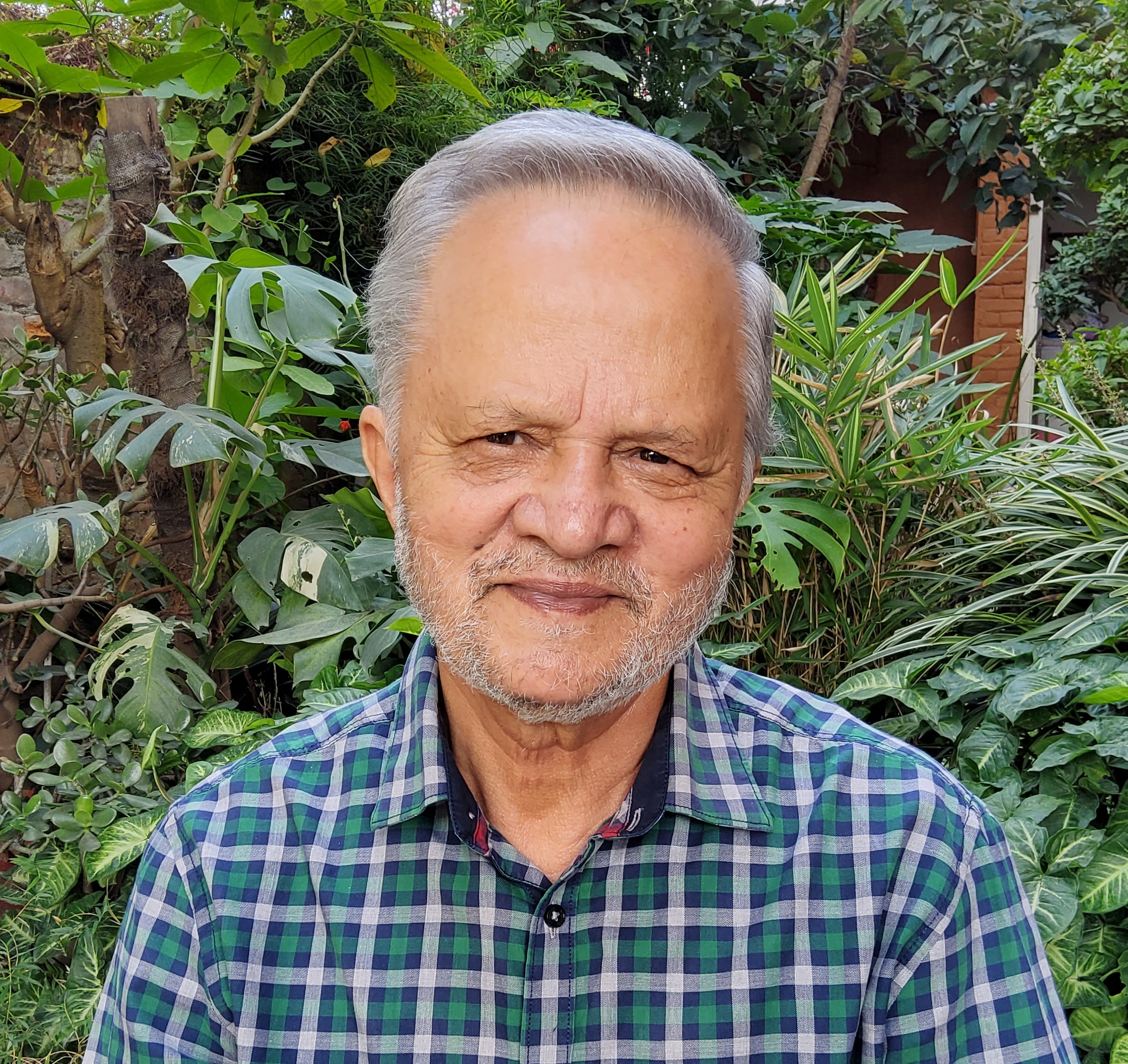 In a Nepali village a Chautari is a stepped platform built around a sacred leafy tree usually a pipal (ficus religiosa) or bar (ficus benghalensis). Here people congregate, interact, discuss, argue, and mostly share ideas on issues of relevance to the community, and occasionally arrive at a decision on some vexing question. In the process knowledge is generated, nurtured and disseminated. What is sacred is the community. Martin Chautari fits this role admirably in the rather sparse intellectual setting of the crowded and often chaotic capital city of Nepal.
In a Nepali village a Chautari is a stepped platform built around a sacred leafy tree usually a pipal (ficus religiosa) or bar (ficus benghalensis). Here people congregate, interact, discuss, argue, and mostly share ideas on issues of relevance to the community, and occasionally arrive at a decision on some vexing question. In the process knowledge is generated, nurtured and disseminated. What is sacred is the community. Martin Chautari fits this role admirably in the rather sparse intellectual setting of the crowded and often chaotic capital city of Nepal.
As an occasional visitor and participant in the activities of Martin Chautari I always come back with enough food for thought. Every time I have participated I have benefitted immensely from the discussions on topics of contemporary social, economic, political or literary relevance led by some unassuming Pandit. To my knowledge this should be the oldest and the only regular platform for intellectual discussion of this type in Kathmandu.
Martin Chautari has a well-stocked public library on humanities and the social sciences which provides a mine for enthusiastic researchers. Chautari publishes two well-regarded and peer reviewed journals—Studies in Nepali History and Society (SINHAS), in English, and Samaj Adhyayan, in Nepali, regularly every year. SINHAS has completed 27 years of uninterrupted publication, a rare feat for an internationally known journal from Nepal.
On meagre resources Chautari researchers undertake quality research on contemporary issues mostly focusing on education, the media landscape, gender issues and marginalized communities. Chautari regularly organizes academic seminars, and also workshops, mostly for young researchers to hone their research and writing skills. It also publishes books based on own research or solicited from established researchers. In Nepali intellectual landscape Martin Chautari fills a void that our universities should have filled in, but sadly do not.
Pitamber Sharma
Former Professor of Geography, Tribhuvan University
Former Vice-Chair, National Planning Commission
AN INTELLECTUAL COMMUNITY FOR ALL SEEKERS – Surabhi Pudasaini
AN INTELLECTUAL COMMUNITY FOR ALL SEEKERS – Surabhi Pudasaini
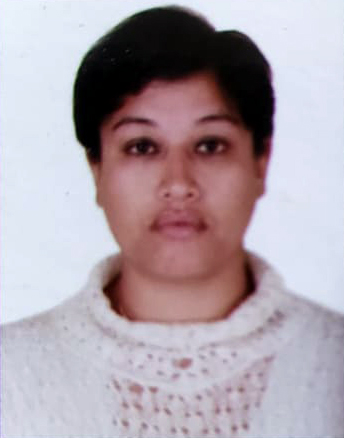 When I come into the Martin Chautari building, I often go from room to room, from the bottom floor to the roof, saying hello to everyone. It is a friendly place. I marvel always at how I move through this space. As much as it is a choice I make, my movements are propelled by the culture of openness which characterizes Chautari. It welcomes by design—through conversation, through simple furnishings, through invitations to eat together, through open doors and windows communicating a lack of barriers to movement.
When I come into the Martin Chautari building, I often go from room to room, from the bottom floor to the roof, saying hello to everyone. It is a friendly place. I marvel always at how I move through this space. As much as it is a choice I make, my movements are propelled by the culture of openness which characterizes Chautari. It welcomes by design—through conversation, through simple furnishings, through invitations to eat together, through open doors and windows communicating a lack of barriers to movement.
The design of its space is representative of what Chautari offers in Kathmandu: an intellectual community for all seekers. Some 15 years ago, I was one such seeker. A young woman striving to make sense of the world around me. Eager to learn about as much as act and engage in the world through organizing, writing, reading, and conversation. The Chautari culture made it easy for me to seek out conversations there. To share what I aspired to. To ask for advice. I found friends, interlocutors, and mentors there. And I have considered myself a part of the Chautari community even since.
My engagements with and at Chautari have spanned over a decade. I have been a part of the programs they offered: reading seminars, writing workshops, discussion sessions. I have organized collaborative reading groups and discussion series through a feminist collective of which I was a member. I have written for Studies in Nepali History and Society (SINHAS). When I decided to apply to graduate school to study History some years ago, I turned to friends and mentors at Chautari. They opened up their networks, read applications, and offered enthusiastic congratulations when I got accepted into graduate school.
I have always felt bolstered and encouraged by my interactions at Chautari as I pursued my evolving political and intellectual commitments. I believe Chautari can continue to bolster and encourage, myself and others, for many years to come.
Surabhi Pudasaini
PhD candidate in history, University of Chicago
A “PEOPLE TREE” – CK Lal
A “PEOPLE TREE” – CK Lal
 When I “discovered” Martin Chautari (MC) in the mid-1990s, it was a freewheeling forum of public conversations based on the ground floor of a nondescript building at Thapathali. The organization of discussions were completely casual. Information about the theme of the Mangalbare, named so because it was held on Tuesdays, was spread by the word of mouth. Interested participants gathered in the afternoon, chatted in the veranda till the predetermined time and then assembled in a room to listen to the main speaker of the day.
When I “discovered” Martin Chautari (MC) in the mid-1990s, it was a freewheeling forum of public conversations based on the ground floor of a nondescript building at Thapathali. The organization of discussions were completely casual. Information about the theme of the Mangalbare, named so because it was held on Tuesdays, was spread by the word of mouth. Interested participants gathered in the afternoon, chatted in the veranda till the predetermined time and then assembled in a room to listen to the main speaker of the day.
The format of deliberations too was simple: Everyone present introduced themselves, listened to the presenter and then shot questions or showered opinions until the closing time. On the way out, participants were free to contribute a small sum—usually 10 Rupees—to partially cover the cost of black tea and sweet cookies. It has been almost three decades, but Mangalbare remains the defining image of MC in my mind.
I listened to presentations about social, political and cultural issues. Some researchers talked about their work. A few experts dwelled upon vexing issues of democracy, development, civil society and international relations. In due course as a regular, I evolved from a listener to a speaker. Outside the circle of my friends and families, I made my first presentation about the travails of Madheshis in Nepal at one of the Mangalbares.
It was a place where civil-military relations could be discussed freely despite the presence of barely disguised operatives of intelligence agencies. It took a while, but MC was soon organizing issue-based seminars; publishing curated anthologies, meticulous bibliographies, edited volumes, original works and a peer-reviewed journal with an international cast of editors; running training and skill enhancement sessions for academics, journalists and researchers; putting out policy papers and monographs; and conducting outreach programs in different places of the country to disseminate knowledge that it had produced.
I have benefited immensely from participation in MC talks and seminars and from reading its various publications, particularly its two journals—Studies in Nepali History and Society and Samaj Adhyayan. My contribution has been rather modest: A few talks, some essays for its publications, a volume that I have called ‘think paper,’ and a few presentations during outreach programs.
These days, I often drop by at MC unannounced and have the privilege of learning from informal conversations with a group of dedicated researchers that are devoted to such an intellectual enterprise. Its library is well-stocked and boasts of some of the best works about media and society. The MC is more than a conventional think-tank; it’s a “people tree” that never sheds its leaves and offers shade to students and teachers of Nepali society with equanimity. It needs to be watered and nurtured for the good of us all.
CK Lal
Columnist, writer and public intellectual
A VIBRANT SPACE FOR CIVIL DISCOURSE – Amina Singh
A VIBRANT SPACE FOR CIVIL DISCOURSE – Amina Singh
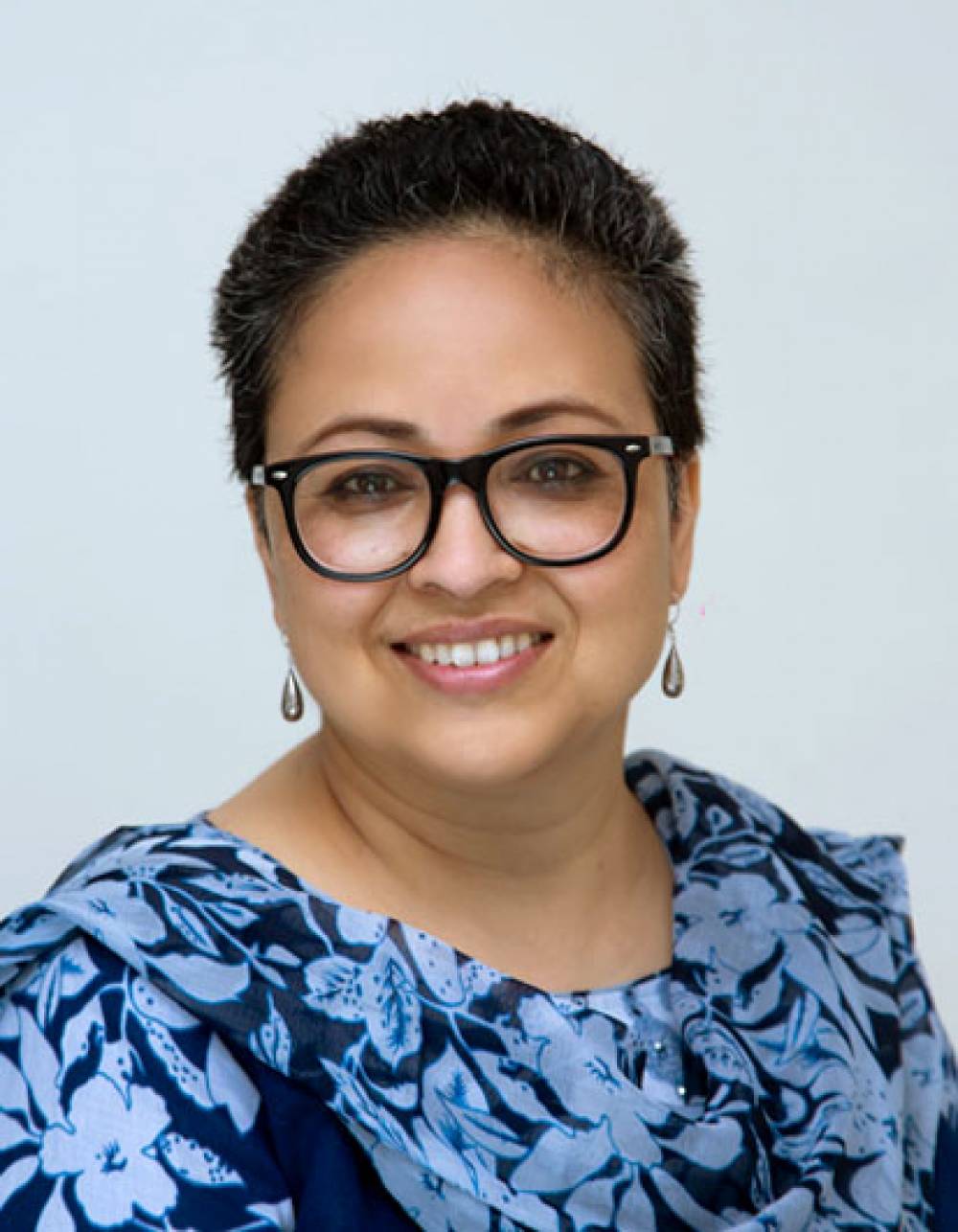 Having the space and vibrant practice of civil discourse is an important aspect of promoting pluralist democracy and more so in the context of a country like Nepal, given the recent transition to a federal mode of governance. Civil discourse requires particular processes and capacities; the space for civic gathering, exchanging ideas, experiences and information; the skills to listen, present informed arguments, debate and engage in dialogue, and generation of knowledge to determine course of action. Generally speaking, civil society institutions including academic institutions offer such spaces. However, given the lack of institutional building, political interference and limited capacities, many institutional spaces in Nepal do not afford such possibilities. In this context, I believe Martin Chautari has been offering such a space to some extent that has directly and indirectly benefited those that engage in the various activities organized in this space.
Having the space and vibrant practice of civil discourse is an important aspect of promoting pluralist democracy and more so in the context of a country like Nepal, given the recent transition to a federal mode of governance. Civil discourse requires particular processes and capacities; the space for civic gathering, exchanging ideas, experiences and information; the skills to listen, present informed arguments, debate and engage in dialogue, and generation of knowledge to determine course of action. Generally speaking, civil society institutions including academic institutions offer such spaces. However, given the lack of institutional building, political interference and limited capacities, many institutional spaces in Nepal do not afford such possibilities. In this context, I believe Martin Chautari has been offering such a space to some extent that has directly and indirectly benefited those that engage in the various activities organized in this space.
With the speedy access to information as well as misinformation in this digital age and the intensity of polarization of views and contested understandings of the world around us, the need to build the competencies for civil discourse is an important educational agenda for the Nepali society. For this, Martin Chautari’s regular sessions on diverse topics, workshops, reading seminars and annual conference provide that educational space for young people to engage and learn. For instance, the sessions on Sundays and Tuesdays offer the opportunity for a speaker to share their ideas on a particular topic and receive questions and comments. From what I have experienced, these sessions are often attended by a diverse group of individuals from retired senior individuals to young university students to professionals in the related fields.
An important contribution of Martin Chautari, in my opinion, are the publications. As someone involved in the sector of Education, I have found the various publications, including academic papers in the journal SINHAS, the policy briefs and the books published examining and exploring various aspect of the state of education and educational governance in Nepal extremely useful. I have used these resources in my own work in writing but have also included them in the syllabus of courses and workshops I have conducted. The significance here is getting reliable well researched resource materials that is local and contextualized. For instance, I recently used Chautari’s Policy Brief No. 38—Kina Banena (Sanghiya) Shiksha Ain? that explores the reasons behind the delays in formulating the federal act on education in Nepal—in a forum of young educators as reference material to inform their debate and discussion on the issue.
Amina Singh
Member, University of Nepal Board and Visiting Faculty, Kathmandu University School of Arts
A PRODUCTIVE PLATFORM FOR SOCIAL RESEARCH – Chaitanya Mishra
A PRODUCTIVE PLATFORM FOR SOCIAL RESEARCH – Chaitanya Mishra
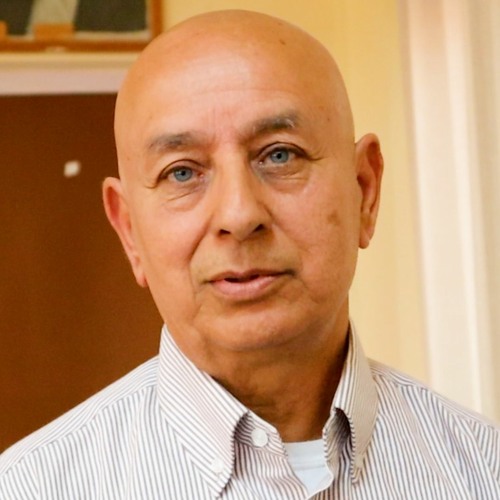 I know Martin Chautari, foremost, as a productive, well respected and vibrant platform for social research. It also functions as a center for policy research. Chautari’s research outputs, which are published in the form of books, articles, reports, and policy briefs are read and utilized by academics and policy makers within and outside of Nepal.
I know Martin Chautari, foremost, as a productive, well respected and vibrant platform for social research. It also functions as a center for policy research. Chautari’s research outputs, which are published in the form of books, articles, reports, and policy briefs are read and utilized by academics and policy makers within and outside of Nepal.
I also read regularly the two refereed journals that Chautari researchers edit, one of which is also published by the organization. One comes out in the English language (SINHAS) and the other in the Nepali language (Samaj Adhyayan). I know well that the senior members of Chautari put in a lot of effort in editing these journals. I also know that both the journals have a sizable readership. Chautari’s library, which is also open to non-Chautari members, has remained a useful resource utilized by many researchers.
Chautari continues to remain a busy platform for workshops and conferences. I have often found the Chautari grounds and corridors humming with weekly—sometimes twice-weekly—seminars conducted principally by young and aspiring intellectuals, media persons, activists, etc. In addition, Chautari also conducts an annual conference as well as periodic workshops that also mostly engage young intellectuals and other professionals as well as social activists. Several of the young persons are now established professionals in their respective fields. This long standing and sizable engagement of the young in intellectual and social justice fronts may well, in the long run, turn out to be the most important of Chautari’s contributions.
In closing, I must also note that Chautari is unique in that it is a private non-profit social research institution devoted to the exploration and examination of public institutions and processes. It deserves our support.
Chaitanya Mishra
Professor of Sociology (Retired), Tribhuvan University
A GENEROUS AND INTELLECTUALLY RIGOROUS ENVIRONMENT – Amy Johnson
A GENEROUS AND INTELLECTUALLY RIGOROUS ENVIRONMENT – Amy Johnson

As a college student and neophyte Nepal Studies researcher living in Kathmandu at the end of the aughts, there were few places in the city more exciting to me than Martin Chautari. My younger self remembers well the thrill of attending afternoon research seminars in the meeting hall at Chautari. I knew few people in Kathmandu in those days. But on Sundays, I would sit on a chakati side by side with scholars and with eager students waiting my turn to introduce myself to the audience gathered to hear the latest and best in research about Nepali society and history. It was in the meeting hall at Chautari that I was socialized into the academic life of Kathmandu, learning how to listen, observe, and dive into the rapid-fire question and response generated by stimulating seminar discussions. Afterward, tea kept the conversation going, providing opportunities to exchange knowledge and build relationships across institutions and countries. The connections I made with researchers and members of Chautari continue to be important to me and have shaped my growth as a scholar. I am ever grateful for the community Martin Chautari has built for researchers devoted to Nepal Studies.
The generous and intellectually rigorous environment at Chautari has supported me in my academic journey from graduate student to early career scholar. I considered it a great privilege to have published my first single-authored paper with Martin Chautari’s flagship journal Studies in Nepali History and Society (SINHAS). The editorial team at SINHAS guided me through the entire publication process. This began with facilitating the sharing of the paper’s ideas with the Chautari community. In June 2022, I gave my first presentation at the Research Seminar Series organized by Chautari. The quality of feedback I received on that occasion sharpened the paper’s arguments and deepened its historical context, resulting in a stronger manuscript. During peer review and proof-reading stages, the editorial team was in regular communication and maintained transparency about all editing decisions.
I was especially grateful to have the unprecedented opportunity to sit with the editor to go over figures and spellings in my article. I was able to move through the publication process with confidence (and a lot less anxiety) thanks to the hands-on editorial team at SINHAS. Later, my SINHAS article was selected for publication in an edited volume in the Chautari Book Series. This was again an enjoyable process with high transparency and clear communication throughout. Based on my experience, I believe anyone, but especially graduate students and early career scholars, would benefit from publishing with Martin Chautari—for insight into the publication process and, as importantly, for the development of their writing and arguments.
Amy Johnson
Assistant Professor, Georgia College & State University
A WORLD-CLASS INSTITUTION IN THE HEART OF KATHMANDU – Amish Raj Mulmi
A WORLD-CLASS INSTITUTION IN THE HEART OF KATHMANDU – Amish Raj Mulmi
 Very few institutions in Nepal have produced a body of work with the longevity and impact that Martin Chautari has. Martin Chautari’s research into the social sciences has revealed new facets of Nepal to a new generation of writers, scholars and researchers. Its multidisciplinary approach has always been particularly notable, as has its publications, especially the SINHAS journal, which has sustained itself for a long time despite the hardships the organization has faced. Its forays into academic publishing brings a new degree of editorial excellence to Nepali academic publishing that we rarely see, especially its efforts to bring out low-priced Nepali editions of works that are important and relevant to the Nepali reading public. Its endeavors to disseminate knowledge through its weekly seminars—which are notably free to the public—is another aspect that makes Martin Chautari a world-class institution in the heart of Kathmandu, Nepal. For an independent researcher such as me, its free library is a treasure trove, one which allows scholars to access the best of world knowledge. I am in awe of the collective strength and determination that Martin Chautari’s scholars and team demonstrate, challenging as funding for the social sciences is, in continuing their monumental efforts towards shaping and nurturing new scholars and researchers.
Very few institutions in Nepal have produced a body of work with the longevity and impact that Martin Chautari has. Martin Chautari’s research into the social sciences has revealed new facets of Nepal to a new generation of writers, scholars and researchers. Its multidisciplinary approach has always been particularly notable, as has its publications, especially the SINHAS journal, which has sustained itself for a long time despite the hardships the organization has faced. Its forays into academic publishing brings a new degree of editorial excellence to Nepali academic publishing that we rarely see, especially its efforts to bring out low-priced Nepali editions of works that are important and relevant to the Nepali reading public. Its endeavors to disseminate knowledge through its weekly seminars—which are notably free to the public—is another aspect that makes Martin Chautari a world-class institution in the heart of Kathmandu, Nepal. For an independent researcher such as me, its free library is a treasure trove, one which allows scholars to access the best of world knowledge. I am in awe of the collective strength and determination that Martin Chautari’s scholars and team demonstrate, challenging as funding for the social sciences is, in continuing their monumental efforts towards shaping and nurturing new scholars and researchers.
Amish Raj Mulmi
Author of All Roads Lead North: Nepal’s Turn to China (2021)
AN OPPORTUNITY TO BE ENGAGED IN RIGOROUS YET THOUGHTFUL ACADEMIC RESEARCH AND LEARNINGS – Meeta S. Pradhan
AN OPPORTUNITY TO BE ENGAGED IN RIGOROUS YET THOUGHTFUL ACADEMIC RESEARCH AND LEARNINGS – Meeta S. Pradhan
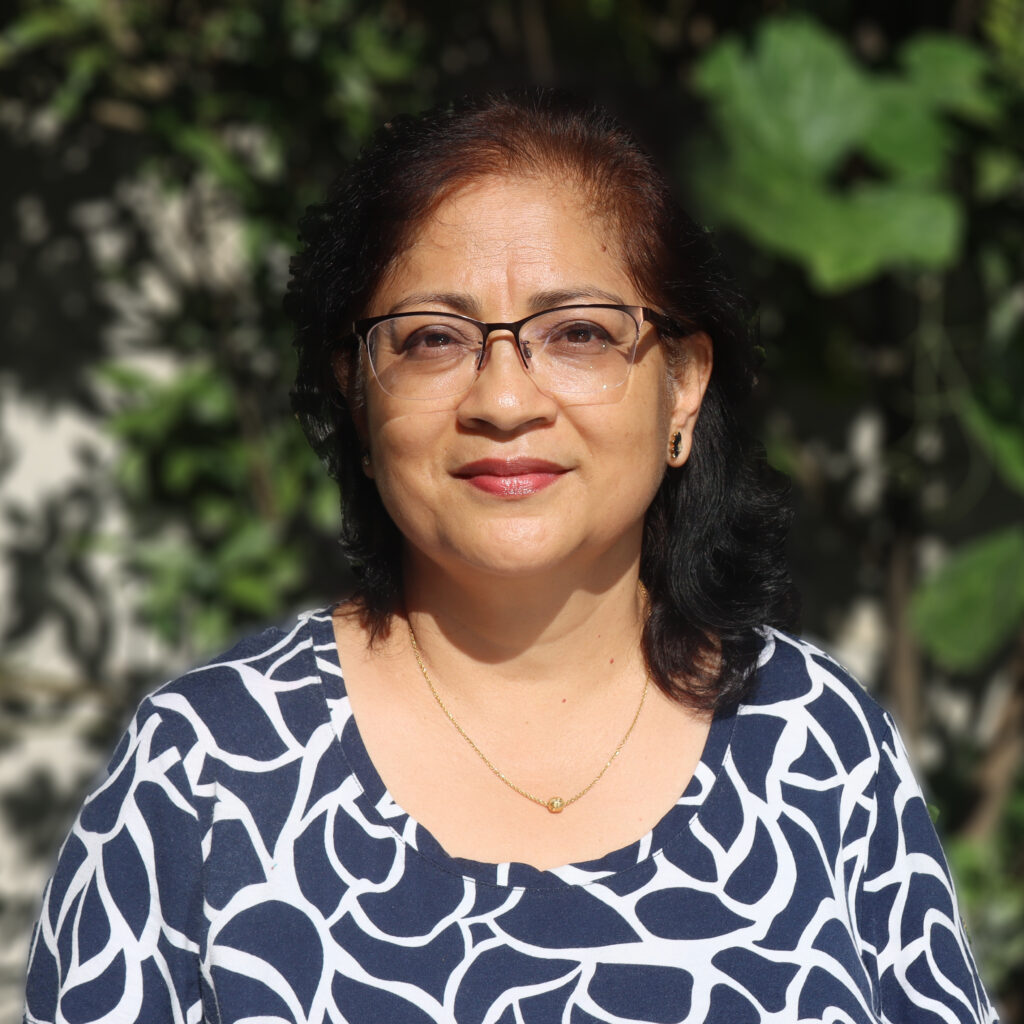 I remember attending a couple of the “development discussions” in the early 1990s, at the offices of the Intermediate Technology Development Group in Kamaladi, Kathmandu. I had just returned to Nepal after getting my master’s degree, had joined my first job as a development professional, and was waiting to head off to Sankhuwasabha. It was exciting and inspiring to sit around with other development professionals, some who clearly had a lot of experience and interesting insights gained through their work. That was the beginning of the Mangalbare Discussion Series, which eventually evolved into much more than just developmental and academic discussions; it became the foundation for a research-oriented organization—Martin Chautari—probably the first of its kind in Nepal.
I remember attending a couple of the “development discussions” in the early 1990s, at the offices of the Intermediate Technology Development Group in Kamaladi, Kathmandu. I had just returned to Nepal after getting my master’s degree, had joined my first job as a development professional, and was waiting to head off to Sankhuwasabha. It was exciting and inspiring to sit around with other development professionals, some who clearly had a lot of experience and interesting insights gained through their work. That was the beginning of the Mangalbare Discussion Series, which eventually evolved into much more than just developmental and academic discussions; it became the foundation for a research-oriented organization—Martin Chautari—probably the first of its kind in Nepal.
I went back to make my first ever presentation at Martin Chautari in 2013, then again in 2021 and yet once again in 2023. These were opportunities for me to share my research findings, my learnings, and my experiences that were at the cusp of development practices and academia. After the first few daunting minutes, those sessions became very interesting. There were always a good group of people who would listen respectfully and then throw out some challenging questions. I mostly focused on the “younger” ones—the students, researchers and scholars—and felt grateful for the opportunity not just to share my own learnings, but that there was a relatively safe space for young minds to listen, process, question, discuss and digest (or not!).
The journal of Martin Chautari—Studies in Nepali History and Society—is a result of hard work, dedication and commitment of many scholars in Nepal and beyond. The journal has been able to maintain its rigor and high quality, and interdisciplinary scholars in Nepal and other countries have made their contributions. I had an opportunity to submit one of my articles as well; it went through the rigors of being peer-reviewed and revised, and finally published in 2015. I have also had opportunities to review papers and to write a book review.
The opportunity to be engaged in rigorous yet thoughtful academic research and learnings, to be able to listen to a wide variety of research topics, participate in diverse discourses and discussions presented and moderated by youthful (and seasoned) minds has been a tremendous contribution of Martin Chautari over all these years. There is a continued need for this kind of impact to scale up and scale out in the country—even more so in the present context where the state of pedagogy, critical thinking and compelling writing needs to be improved many folds in Nepal.
Dr Meeta S. Pradhan
Senior Research Fellow, Southasia Institute for Advanced Studies (SIAS)
CHAUTARI BRINGS FOREIGN AND NEPALI RESEARCHERS INTO A CONVERSATION – Michael Hutt
CHAUTARI BRINGS FOREIGN AND NEPALI RESEARCHERS INTO A CONVERSATION – Michael Hutt
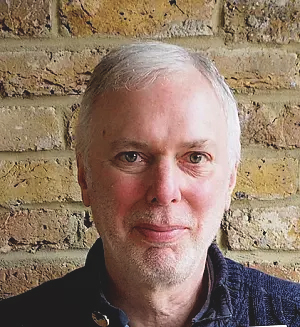 Martin Chautari provides a space for the presentation and discussion of research findings and ideas that is open, democratic, non-hierarchical, and accessible by all. This space is populated by academics, activists, journalists and interested members of the public and serves as an important interface between Nepali and non-Nepali researchers who are working on Nepali topics and issues.
Martin Chautari provides a space for the presentation and discussion of research findings and ideas that is open, democratic, non-hierarchical, and accessible by all. This space is populated by academics, activists, journalists and interested members of the public and serves as an important interface between Nepali and non-Nepali researchers who are working on Nepali topics and issues.
Martin Chautari has generated impacts in many different contexts and in all sorts of ways, but there are two that loom largest in my mind.
The first is the way in which it has brought foreign and Nepali researchers into a conversation with one another. Nepal has always attracted more than its share of academic researchers from the Global North. Prior to the 1990s, most of the research that was done on Nepali society was conducted by people (anthropologists, mainly) who were not themselves Nepali, and published in non-Nepali languages (primarily English) outside Nepal. Many of these foreign researchers were alarmed at first when the local researchers nurtured and supported by Martin Chautari began to challenge and criticize their work. Thus began a dialogue that has led over the years to the development of an environment where mutual respect prevails. Nowadays the works of Nepali and foreign researchers sit comfortably side by side in MC’s highly respected house journal, Studies in Nepali History and Society.
The second area of impact is the research generated and published by Martin Chautari itself, in both English and Nepali. This has evolved and changed over the years as a response to both challenges and opportunities, and has resulted in important bodies of published work in thematic areas such as the Nepali media and Nepali education. MC’s fostering of and support for research-based writing and publication in Nepali as well as English plays a vital role in a context where the English language is becoming ever more dominant.
Michael Hutt
Emeritus Professor of Nepali and Himalayan Studies, SOAS, University of London
MARTIN CHAUTARI’S WORK SPEAKS TO LARGER DEMOCRATIC VALUES – Amrita Gurung
MARTIN CHAUTARI’S WORK SPEAKS TO LARGER DEMOCRATIC VALUES – Amrita Gurung
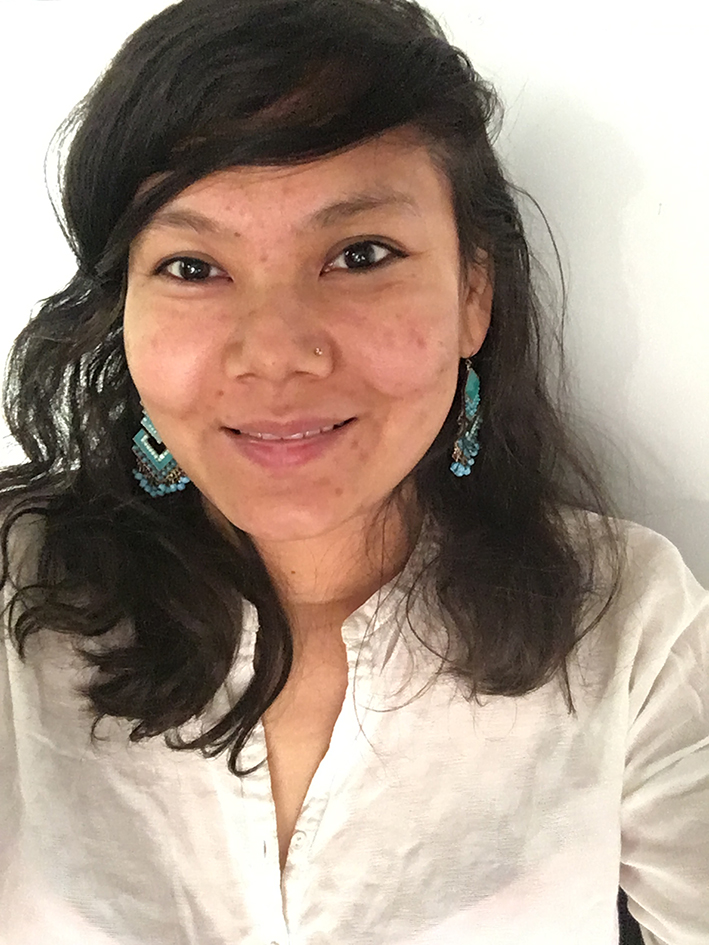 Martin Chautari’s work has helped shape my knowledge and skills in three main ways. First, I took part in an annual academic writing workshop in 2018 whose purpose was to help students and academics to revise a paper as a stand-alone journal article or book chapter. We were a small cohort of young researchers like myself and our mentors included Bandana Gyawali, Pratyoush Onta, and Mahesh Raj Maharjan. They provided us with commentary on our drafts of writing each week. In addition to their comments, we were also active in providing written commentary on each other’s work. Sometimes harsh and other times gentle, I found the approach of mentorship productive in two main ways. One, they provided constructive feedback to overcome the challenges of writing and rewriting, and two to write concisely and clearly to find our voice. In sum, it enabled me to write in a way that resonated with my own lived experiences and realities with an emphasis on empirical evidence. This allowed me to rethink challenges in writing by not only giving me valuable tools and mindset toward my writing but also made me appreciate the value of working in a cohort which is fundamental to any successful academic work.
Martin Chautari’s work has helped shape my knowledge and skills in three main ways. First, I took part in an annual academic writing workshop in 2018 whose purpose was to help students and academics to revise a paper as a stand-alone journal article or book chapter. We were a small cohort of young researchers like myself and our mentors included Bandana Gyawali, Pratyoush Onta, and Mahesh Raj Maharjan. They provided us with commentary on our drafts of writing each week. In addition to their comments, we were also active in providing written commentary on each other’s work. Sometimes harsh and other times gentle, I found the approach of mentorship productive in two main ways. One, they provided constructive feedback to overcome the challenges of writing and rewriting, and two to write concisely and clearly to find our voice. In sum, it enabled me to write in a way that resonated with my own lived experiences and realities with an emphasis on empirical evidence. This allowed me to rethink challenges in writing by not only giving me valuable tools and mindset toward my writing but also made me appreciate the value of working in a cohort which is fundamental to any successful academic work.
Second, I got an opportunity to work closely with Pratyoush Onta who is the editor of the SINHAS journal in writing and editing book review in 2022. In my experience, this is one of the most productive works that I have done in the recent past and that I am proud of. Pratyoush ji would read my draft of the book review and send it back with comments at the end of the day in Nepal, I would typically receive it in the morning here in Canada, and then I would work on it and send it back before going to bed. The next morning I would wake up to find his email with many helpful and constructive comments to work on. My book review was finalized after three rounds of back and forth and the process entailed a lot of thinking, organizing, and developing a narrative. It was difficult for me to write but as I began to write and work on comments, I found myself becoming immersed in the process and enjoying it.
Although I had agreed to write this review in 2019, I was only able to start and finish it in 2022. In this duration of three plus years, I had given up on it many times but had always carried the book with me everywhere I went in the hope of at least starting the review. All this to say, challenges in writing are not as scary as we think it is provided that we have hands-on and encouraging mentors who can help us see through the pains of writing and find clarity and voice in writing. Of course, having finished the review, I felt more confident and reassured about my relationship with academia and writing in general. Since then even though I struggle to write clearly, I have continued to write for several platforms.
Finally, as a deterritorialized international student, I make sure to log in to Martin Chautari’s Facebook/YouTube videos and listen to programs held at Chautari to catch up on what is happening and what works are being done in Nepal and by whom. I feel connected when I do take time and listen to or watch these events on YouTube or Facebook or just read new publications. To sum up, Martin Chautari’s work in terms of providing a platform and mentorship to not only aspiring but also established social scientists to come together and guffgaaf speaks to larger democratic values and free speech we all hold as part of a republic.
Many thanks for all the work and support.
Amrita Gurung
PhD student, Concordia University, Canada
A PLACE OF KNOWLEDGE PRODUCTION AND DISSEMINATION FOR THE COMMON PERSON – Dr Anup Subedee
A PLACE OF KNOWLEDGE PRODUCTION AND DISSEMINATION FOR THE COMMON PERSON – Dr Anup Subedee
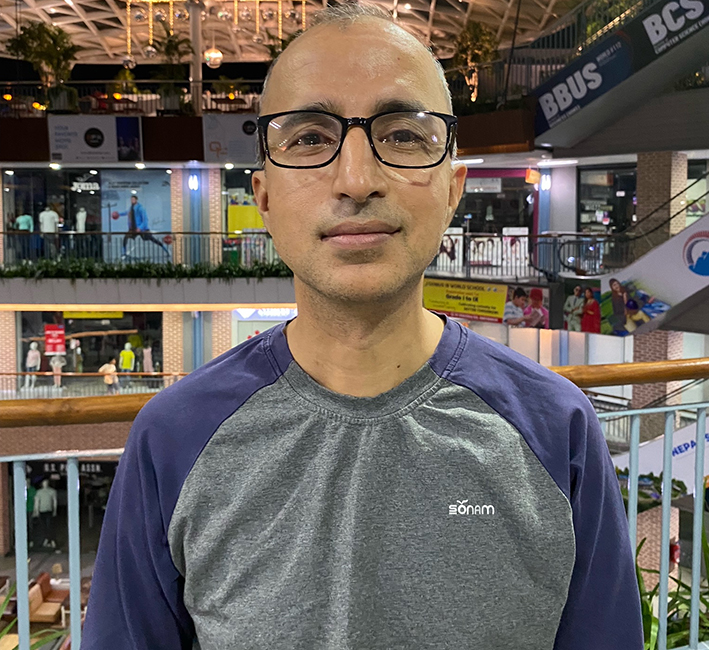 I have been visiting Martin Chautari since the mid-1990s. I think I had just finished high school when I first went there and attended the discussions. Soon afterwards, I went to China for medical school and I would make sure to attend a discussion there whenever I was back for holidays. The topics of discussions held there were themselves often “controversial” or at least novel for the times, or for those of us who had just been waking up from the Panchayat era restrictions on media autonomy and discussions on public fora. However, looking back, I feel I was more drawn to that place because of the ease of access an outsider was offered to the speakers or the discussions.
I have been visiting Martin Chautari since the mid-1990s. I think I had just finished high school when I first went there and attended the discussions. Soon afterwards, I went to China for medical school and I would make sure to attend a discussion there whenever I was back for holidays. The topics of discussions held there were themselves often “controversial” or at least novel for the times, or for those of us who had just been waking up from the Panchayat era restrictions on media autonomy and discussions on public fora. However, looking back, I feel I was more drawn to that place because of the ease of access an outsider was offered to the speakers or the discussions.
The sitting arrangements were simple yet equalizing and comforting to strangers—everyone, including the speakers and the Martin Chautari moderators, sat cross-legged or with legs stretched flat on thin cushions on the floor. Anyone visiting there for the first time would not miss the simplicity and straightforwardness of the arrangements including the manner how discussions were held—which was not common at that time, or even now on most fora, in Nepal. Martin Chautari was at the forefront of a small movement spearheading open public discussions on very important topics that had previously been sidelined in the Panchayat era.
Before and during the second people’s movement, Chautari was the focal location for collective civic imaginations and solidarity for the civil society that led the mass movement. Since then, over almost the last two decades, Martin Chautari has grown tremendously, and has played a crucial role in shaping the national conversations on so many areas that had long been historically necessary. However, what still impresses me the most is that this is still a people’s forum for research and public conversations, unlike so many other research entities or public discussion for a most of which are far better funded and politically buttressed compared to Martin Chautari.
Where do students in the universities of Nepal, who have been frustrated with the lack of academic explorations and research opportunities in their own universities or academic programs, go for opportunities to learn about research? Where does an average person who is interested in the past and the present and the future of Nepal feel they can go to listen to experts on various topics and learn to frame the right questions when they question the authorities? Which research organization provides better coverage for matters of vital interest to the marginalized communities? Martin Chautari is probably the only answer to this question. Do common people feel comfortable going to the other NGOs that specialize in churning out nice, glossy reports for critical questions in their mind? Do such other NGOs make their reports available in such accessible ways for the public? Unfortunately, there are not many true friends of the marginalized communities in the research circles in my opinion. Nor would an average postgraduate student at a public university in Nepal feel comfortable dropping in at any other research organization and feel welcome there. Martin Chautari is definitely a place of knowledge production and dissemination for the common man, unlike most peer entities in this country.
Dr Anup Subedee
Physician, Kathmandu
CHAUTARI EMBODIES A CREATIVE ACADEMIC MODEL FOR RESEARCHING THE SOCIAL SCIENCES – James Sharrock
CHAUTARI EMBODIES A CREATIVE ACADEMIC MODEL FOR RESEARCHING THE SOCIAL SCIENCES – James Sharrock
 From my 18-year engagement with Martin Chautari the biggest impact of MC has been in three areas: performing a rigorous “challenge” function in debates and research on Nepal; embodying an alternative and creative academic model for researching the social sciences; and, simultaneously, generating and facilitating new and exciting research directions in the study of Nepal.
From my 18-year engagement with Martin Chautari the biggest impact of MC has been in three areas: performing a rigorous “challenge” function in debates and research on Nepal; embodying an alternative and creative academic model for researching the social sciences; and, simultaneously, generating and facilitating new and exciting research directions in the study of Nepal.
I attended my first Chautari seminar in 2006 and ever since then MC has been the main institution through which I have learnt about Nepali society, culture and politics. This learning has come in attending MC seminars and conferences; reading MC books, policy papers, and journals; using the MC library; reading newspaper op-eds written by MC-affiliated researchers; and meeting foreign and Nepali social scientists through MC-organized events. In practical terms I have quoted MC publications in every report and article that I have written on Nepal including reports for international donors and UN agencies on conflict and peace issues as well as on post-earthquake reconstruction.
But the MC impact on my work goes beyond referencing metrics. As a very junior scholar doing a master’s degree in 2006 I was encouraged to write my first ever academic article with the support and advice of MC social scientists. The article was subsequently peer-reviewed and published a year later in Studies in Nepali History and Society journal, where I have also published another article and seven book reviews. I have presented twice at MC and received invaluable constructive and supportive feedback both times.
I also think of particular books and articles published by MC which have transformed my understanding of Nepal and influenced my own research, illustrating new directions and inspiring examples. Among many examples this includes the MC-published book Discourses of Awareness: Development, Social Movements and the Practices of Freedom in Nepal (2013) by Tatsuro Fujikura, Seira Tamang’s SINHAS article “Civilizing Civil Society,” (2002) and Mary Des Chene’s article in the same journal, “‘We Women Must Try to Live’: The Saga of Bhauju” (1997).
Other less obvious MC impacts that have benefited me: the library is well stocked, well used, and performs a vital function for people without a large personal library; many MC books in Nepali are fun language learning tools for foreigners studying Nepali [e.g., the 2005 book Radiosanga Hurkada: Tinpuste Nepaliko Anubhav (Growing up with Radio: The Experience of Three Generations of Nepalis)—a set of short personal stories about the place of radio in people’s lives].
James Sharrock
PhD Candidate, The Open University, UK
TRULY UNIQUE FORUM – Tatsuro Fujikura
TRULY UNIQUE FORUM – Tatsuro Fujikura
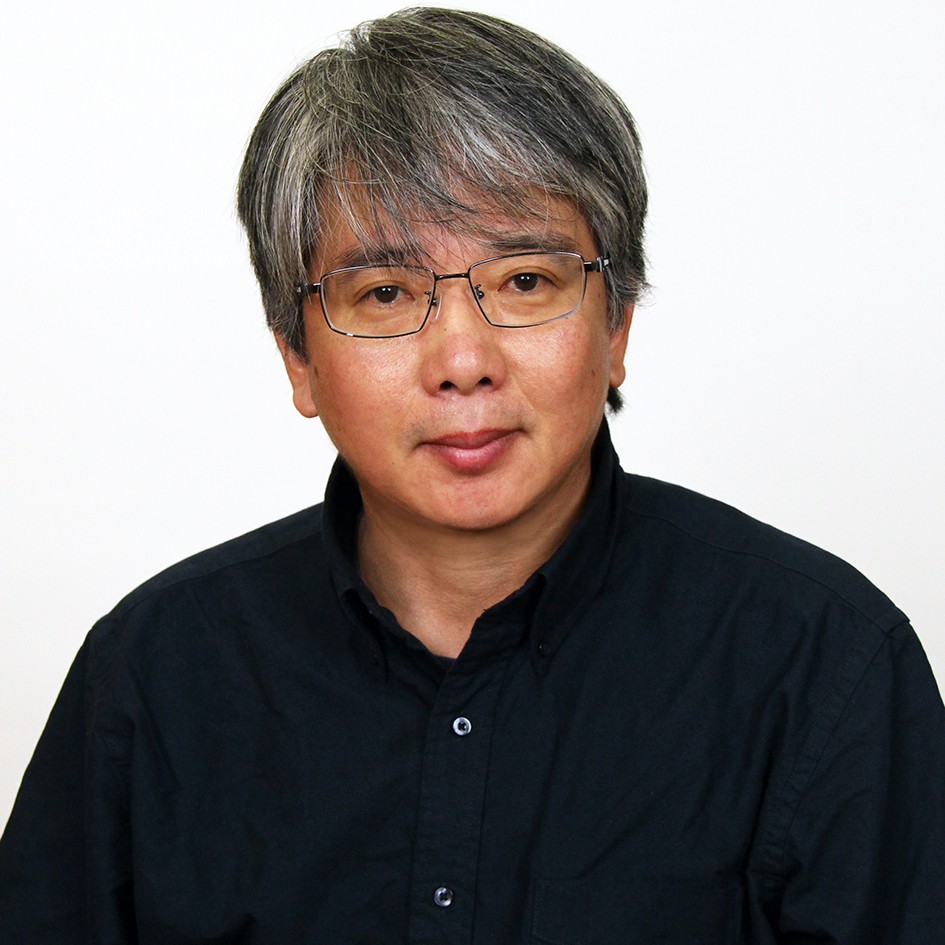 I lived in Nepal from 1996 to 1999, the summer of 2000, and from 2003 to 2005, while doing anthropological research for my PhD. Although my main fieldwork site was in the mid-western hills, whenever I was in Kathmandu, I attended Tuesday discussions at Martin Chautari (later not only limited to Tuesdays). I attended because it was a truly unique forum where people from diverse professional and disciplinary backgrounds engaged in serious and civil discussions about important contemporary concerns of the Nepali society. It was unlike any events organized by NGOs, because it was free from donor influence and any (hidden) agenda to guide the whole discussion towards certain direction. It was also unlike any events organized by academic societies and institutions inside or outside Nepal. Because the participants included non-academics from diverse backgrounds, it always went beyond parochial concerns of any academic disciplines and engaged with complex realities of Nepal in ways that any academic conferences I attended could not. Public discussions at Martin Chautari continued during the height of civil conflict, despite the declaration of emergency. During that difficult time, it remained a resilient place for civil discussion participated in by people of different political and ideological orientations, including liberals and radical leftists.
I lived in Nepal from 1996 to 1999, the summer of 2000, and from 2003 to 2005, while doing anthropological research for my PhD. Although my main fieldwork site was in the mid-western hills, whenever I was in Kathmandu, I attended Tuesday discussions at Martin Chautari (later not only limited to Tuesdays). I attended because it was a truly unique forum where people from diverse professional and disciplinary backgrounds engaged in serious and civil discussions about important contemporary concerns of the Nepali society. It was unlike any events organized by NGOs, because it was free from donor influence and any (hidden) agenda to guide the whole discussion towards certain direction. It was also unlike any events organized by academic societies and institutions inside or outside Nepal. Because the participants included non-academics from diverse backgrounds, it always went beyond parochial concerns of any academic disciplines and engaged with complex realities of Nepal in ways that any academic conferences I attended could not. Public discussions at Martin Chautari continued during the height of civil conflict, despite the declaration of emergency. During that difficult time, it remained a resilient place for civil discussion participated in by people of different political and ideological orientations, including liberals and radical leftists.
Martin Chautari has made and continues to make invaluable impacts on the academic studies of Nepal, in the fields of humanities and social sciences. Studies in Nepali History and Society, which is in its 29th year of uninterrupted publication, is indisputably the best journal of Nepal Studies in the world. Chautari’s another journal, Samaj Adhyayan is a vehicle for publishing high-quality academic articles in Nepali. The standards and qualities of the articles published in these journals are much better than some of the articles published in major, “high-impact,” international journals, such as American Ethnologist, whose submissions are sometimes peer-reviewed by those who do not know much about Nepal. The same goes for books published by Martin Chautari, in comparison to those by academic publishing houses abroad that are often produced by those who lack sufficient knowledge about Nepal or Nepali language.
By involving young students in its discussion and research projects, Martin Chautari is helping to train and produce new generations of competent, critical and public minded intellectuals. In these ways, Martin Chautari is performing invaluable and indispensable role in advancing knowledge and democracy in Nepal.
Tatsuro Fujikura
Professor, Graduate School of Asian and African Area Studies, Kyoto University, Japan
A RESOURCEFUL AND VIBRANT SPACE – Kalpana Jha
A RESOURCEFUL AND VIBRANT SPACE – Kalpana Jha
![]() I have been a regular attendee and participant of the seminars, conferences and workshops held at Martin Chautari since 2007 until date. I have also formally worked as a researcher in Martin Chautari between 2017 and 2018. Within this span of 17 years I have not only found Chautari to be resourceful in terms of its publications but also the public discussions held on a regular basis. These discussions make Chautari a vibrant space to engage with various civil society actors, individuals, change-makers, intellectuals and activists and build networks with people from diverse field across Nepal. Nepal clearly lacks such a space for deep engagement that accommodates both academic and non-academic activities within a single premise.
I have been a regular attendee and participant of the seminars, conferences and workshops held at Martin Chautari since 2007 until date. I have also formally worked as a researcher in Martin Chautari between 2017 and 2018. Within this span of 17 years I have not only found Chautari to be resourceful in terms of its publications but also the public discussions held on a regular basis. These discussions make Chautari a vibrant space to engage with various civil society actors, individuals, change-makers, intellectuals and activists and build networks with people from diverse field across Nepal. Nepal clearly lacks such a space for deep engagement that accommodates both academic and non-academic activities within a single premise.
As a staff at Martin Chautari I got a space to engage in issues that most concerned me. I also started a discussion series called the “Madhesh Discussion Series” devoted to pressing issues that confront what is today the political geography called Madhesh. During my time as a staff I got the opportunity to work closely with academics and intellectuals associated with Chautari who helped me further enhance my writing, analytical and research skills. I have personally made profound use of all the academic and non-academic resources available at Martin Chautari to build my research proposal which has led me to pursue a PhD in the University of Victoria in Canada. I continue to make use of the networks I built and publications at Martin Chautari for various research and writing purposes.
Kalpana Jha
PhD Research Fellow, University of Victoria, Canada
AN INVALUABLE PLATFORM FOR INTELLECTUAL EXCHANGE – Kamal Raj Sigdel
AN INVALUABLE PLATFORM FOR INTELLECTUAL EXCHANGE – Kamal Raj Sigdel
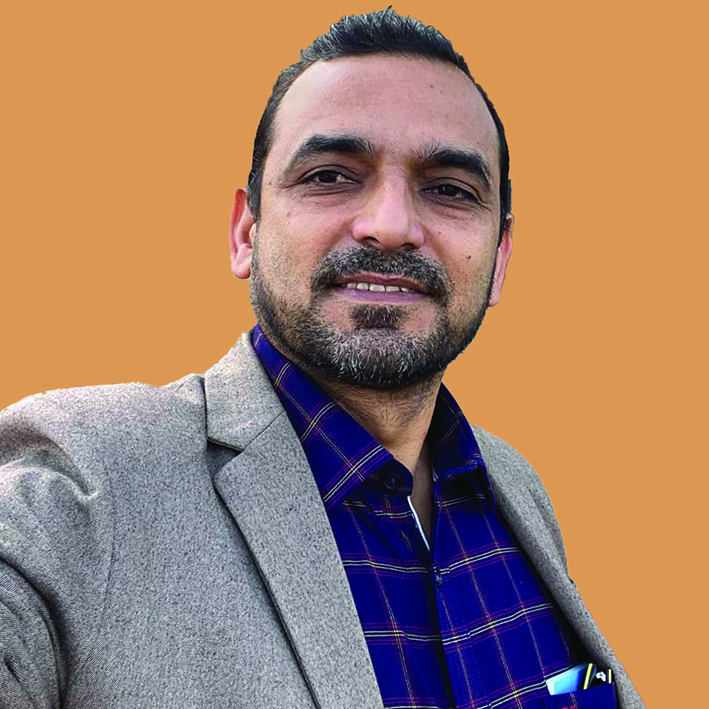 I will never forget the Martin Chautari fellowship awarded to me in 2006 for my research proposal titled “Male Gaze and Ideological Formations in Nepalese Television.” This grant propelled me to delve deeper into the gender dimensions of the Nepali media and the advertising industry. Consequently, it inspired an extensive study, leading to the authorship and publication of a series of academic articles within the realms of media and representations.
I will never forget the Martin Chautari fellowship awarded to me in 2006 for my research proposal titled “Male Gaze and Ideological Formations in Nepalese Television.” This grant propelled me to delve deeper into the gender dimensions of the Nepali media and the advertising industry. Consequently, it inspired an extensive study, leading to the authorship and publication of a series of academic articles within the realms of media and representations.
Moreover, the fellowship provided an invaluable platform for intellectual exchange through the renowned Tuesday Discussion Series that the Chautari organizes. This forum not only facilitated my own learning but also enabled fellow research enthusiasts to share and explore new knowledge and ideas within the dynamic fields of media and representation. Given its significant contribution in promoting a culture of highly civilized debates in Kathmandu, I wish the Chautari model could be replicated in all municipalities across Nepal.
Kamal Raj Sigdel
Chautari Fellow 2006 and 2009
CHAUTARI SERVES AS A NEXUS FOR ACADEMICS, PRACTITIONERS AND YOUNG STUDENTS – Sujen Man Maharjan
CHAUTARI SERVES AS A NEXUS FOR ACADEMICS, PRACTITIONERS AND YOUNG STUDENTS – Sujen Man Maharjan
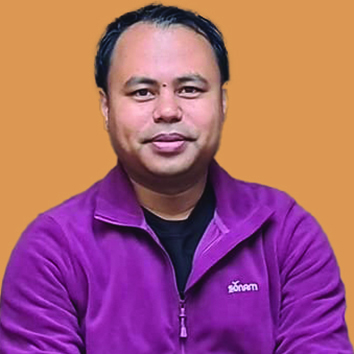 I am pleased to express my admiration for Martin Chautari. I remember my initial encounter with Martin Chautari dating back to 2008 when Dr. Brandon Kohrt, a colleague of mine, and I collaborated on a paper focusing on Nepali ethnopsychology of child development and violence.Our efforts resulted in the publication of that paper in Studies in Nepali History and Society (SINHAS) in 2009, a Nepali journal renowned for its credibility and adherence to high-quality standards.
I am pleased to express my admiration for Martin Chautari. I remember my initial encounter with Martin Chautari dating back to 2008 when Dr. Brandon Kohrt, a colleague of mine, and I collaborated on a paper focusing on Nepali ethnopsychology of child development and violence.Our efforts resulted in the publication of that paper in Studies in Nepali History and Society (SINHAS) in 2009, a Nepali journal renowned for its credibility and adherence to high-quality standards.
The pleasure of contributing to a respected journal like SINHAS has since led me to become a regular participant in Martin Chautari’s discussion series—a commendable platform for knowledge-sharing and thought-provoking inquiries. We jointly organized a seminar on Nepali Psychology over a decade ago in 2012, an experience that underscores the valuable role Martin Chautari plays in promoting social sciences research, including psychological and mental health research, in Nepal.
Martin Chautari serves as a nexus for academics, practitioners and young students, offering a vital space for knowledge acquisition across a spectrum of research topics. Its activities not only contribute to fostering a robust academic environment but also serve as an inspiration for young students to engage in vigorous discussions surrounding various research themes, enriching their understanding of Nepali society and its contemporary challenges.
I find Martin Chautari's ability to curate compelling topics and speakers for its regular discussion series truly commendable. The organization's commitment to providing a platform for discussions related to psychology and mental health is particularly noteworthy. Personally, I have had the privilege of sharing my work at Martin Chautari on multiple occasions, delving into topics such as creating a bibliography of psychological research in Nepal, the historical development of psychology in Nepal, and exploring the integration of passive sensing data in psychological interventions.
Martin Chautari’s enduring commitment to advancing knowledge and facilitating meaningful discussions in the realm of social sciences stands as a testament to its invaluable contribution to the Nepali academia at large.
Sujen Man Maharjan
Transcultural Psychosocial Organization (TPO) Nepal
MC'S PUBLICATIONS CONTAIN CRITICAL PERSPECTIVES ON NEPALI SOCIETY – Praju Pant
MC'S PUBLICATIONS CONTAIN CRITICAL PERSPECTIVES ON NEPALI SOCIETY – Praju Pant
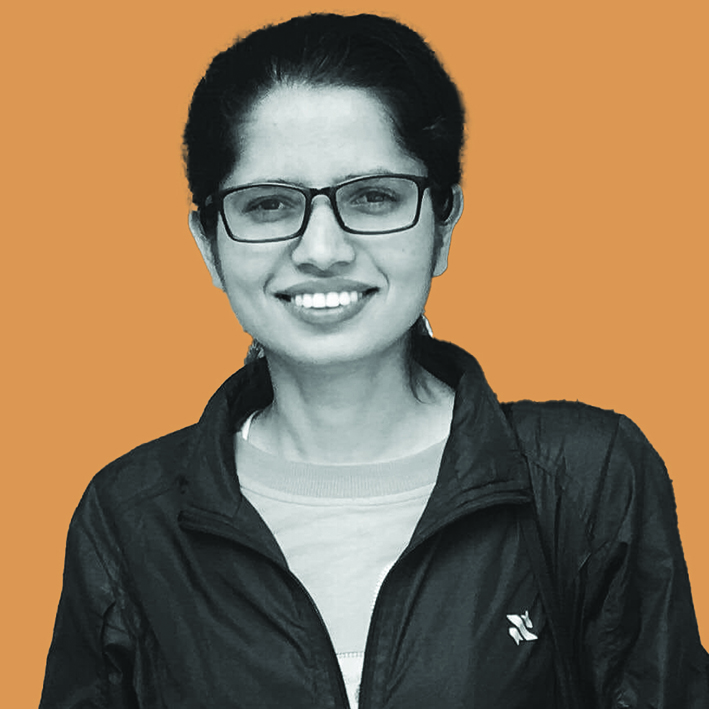 I started following the activities of Martin Chautari about six years ago. I started reading the journals edited there – Samaj Adhyayan (including some of the issues of its predecessor Media Adhyayan) and Studies in Nepali History and Society – and some of its other publications. Since I am interested in education, I have found the books published by Chautari dealing with Nepal’s education to be especially useful to me. I have read almost all of the books published by Chautari on school education and own copies of them. I have been helped by the critical perspectives on Nepali society (and history) contained in the publications of Chautari.
I started following the activities of Martin Chautari about six years ago. I started reading the journals edited there – Samaj Adhyayan (including some of the issues of its predecessor Media Adhyayan) and Studies in Nepali History and Society – and some of its other publications. Since I am interested in education, I have found the books published by Chautari dealing with Nepal’s education to be especially useful to me. I have read almost all of the books published by Chautari on school education and own copies of them. I have been helped by the critical perspectives on Nepali society (and history) contained in the publications of Chautari.
Since I am a journalist by profession, it is normal for me to be interested in writings that are a result of deep research. The publications of Chautari—journals, research briefs and books—are interesting food for thought for those of us interested in research. I am also a fan of the way in which the Chautari library and its archive is organized to facilitate easy access by users. I have found many historical books that are not easily available elsewhere in the Chautari Library.
Praju Pant
Journalist
MC HAS BEEN A GREAT ALLY IN MY ACADEMIC PURSUIT – Indra Dhoj Kshetri
MC HAS BEEN A GREAT ALLY IN MY ACADEMIC PURSUIT – Indra Dhoj Kshetri
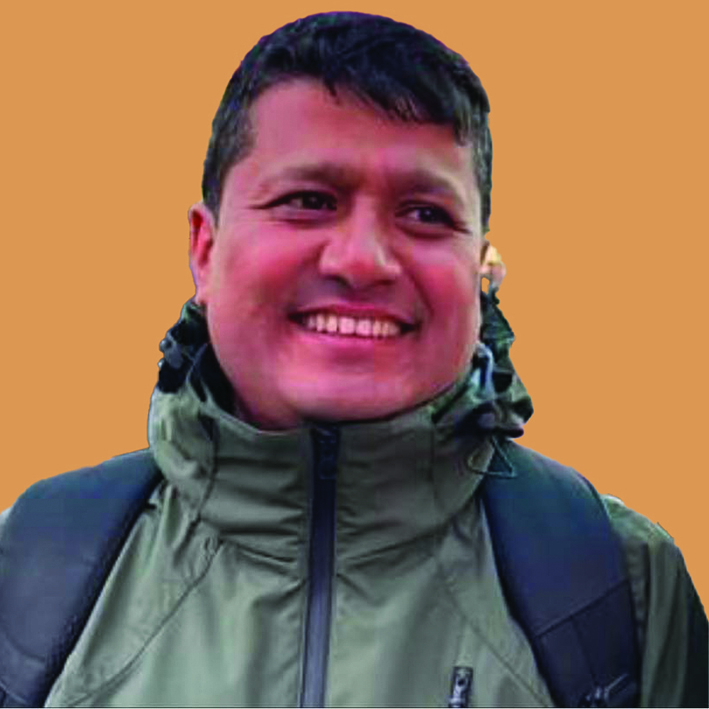 I learned about Martin Chautari (MC) after I moved to Kathmandu and enrolled in the Master’s of Arts Program in Mass Communication and Journalism in 2005. The MC library was rich with communication and journalism-related books and reference materials. The library, MC publications, and the weekly discussions organized at the MC premises largely abetted my academic pursuit. The media archive available at the MC library was very rich. I used this archive extensively while doing content analysis of Nepali media both as an MC media research fellow and for my coursework for the Regional Master’s Program in Journalism, Media, and Communication at the University of Dhaka.
I learned about Martin Chautari (MC) after I moved to Kathmandu and enrolled in the Master’s of Arts Program in Mass Communication and Journalism in 2005. The MC library was rich with communication and journalism-related books and reference materials. The library, MC publications, and the weekly discussions organized at the MC premises largely abetted my academic pursuit. The media archive available at the MC library was very rich. I used this archive extensively while doing content analysis of Nepali media both as an MC media research fellow and for my coursework for the Regional Master’s Program in Journalism, Media, and Communication at the University of Dhaka.
I also presented my research works at several MC Media Research Conferences and was able to publish a couple of my research works and book reviews in MC publications, particularly Media Adhyayan, Samaj Adhyayan and Studies in Nepali History and Society. MC has become a great ally in my academic pursuit and I am deeply thankful for the help I received. I am glad that the institution continues to support hundreds of young and aspiring researchers every year.
Indra Dhoj Kshetri
Media Researcher, Chautari Fellow 2009
CHAUTARI GAVE MY SCHOLARSHIP A NEW LEASE OF LIFE – Swatahsiddha Sarkar
CHAUTARI GAVE MY SCHOLARSHIP A NEW LEASE OF LIFE – Swatahsiddha Sarkar
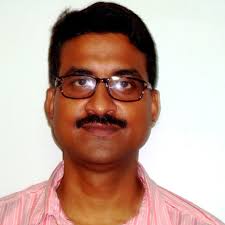 It is a pleasure to delineate how impactful Martin Chautari, the Research Institute located at Thapathali, Kathmandu, has been to my own life and career.
It is a pleasure to delineate how impactful Martin Chautari, the Research Institute located at Thapathali, Kathmandu, has been to my own life and career.
I have been associated with Martin Chautari (henceforth MC) since 2015 in connection with a research project on “Nepal Studies in India: A Survey of Themes and Perspectives in Indian Sociological and Social Anthropological Literature” that was funded by the BP Koirala India-Nepal Foundation (BPKF) and was executed by MC. Not to mention, I was only digitally acquainted with one of the Research Directors of MC (Dr Onta) during that point of time but when I first visited Kathmandu to participate in a Brainstorming Workshop in connection with the project, I became aware of a group of finest quality of scholars working at MC and was amazed by their academic professionalism, seriousness, and untiring spirit of hard work with a tint of cooperation, comradeship and empathy.
It is a world in itself that I came to realize by bits and pieces every time I encountered MC. Since 2015, meeting MC colleagues and attending MC Annual Conference has become a regular affair for me that allowed me to test many of the ideas I have been experimenting with. I have no hesitancy in saying that the panels that were pitched by myself along with my colleagues and research students from my university (University of North Bengal, India) have been seriously taken up by the MC colleagues and also by the conference participants so much so that we came out with publications out of such presentations and could plan for preparing our manuscripts as well. I think our papers read out in these panels have received their first round of peer review comments on the dais of the Conferences we attended so far. The enriching comments and the sharp criticism and constructive suggestions offered by the audience led us revise our work and such inputs were immensely productive for our purpose. In short, myself, my colleagues and students of the University of North Bengal (NBU) have benefitted more than perhaps what we reciprocated to MC.
Besides attending Conferences, I must say that I have received huge support from MC library. Even in my physical absence the library staff have been so efficient that they provided me in lightning speed whatever kind of support I asked for my own research purpose. Many of my research students by now have visited MC library and were all equally astonished by the richness of its collection and systematic management.
I am in the Editorial Board of MC’s flagship journal Studies in Nepali History and Society (SINHAS) in the capacity of Associate Editor since January 2023. I feel fortunate to be in the editorial team and the experience of being a member of the team and the experience of being an avid reader of a Journal (before 2023) and also as a contributor to the Journal as an author are different from each other. SINHAS has been continuously getting published for three decades now, and I first encountered SINHAS during my PhD years in the NBU library while searching out publications on Nepal from Nepal. I was captivated by seeing some of the initial issues that were available in our university library. Later on, when I came across with MC and developed my familiarity, I came to realize how important SINHAS is for the reputation not only of MC but also of the entire country, if not of entire South Asia itself. Being a contributor, I became familiar with the rigorous blind peer review process that SINHAS practices while entertaining a submission for publication. Maintaining a good journal demands meticulous review process, timely feedback, and facilitating the authors while revising their work particularly when some submissions appear to be valuable for its content but not for its style. I, myself, have received such facilitations and that undoubtedly improved the quality of my own work substantially before appearing in the pages of SINHAS. But, as a member of the editorial team, I now can feel why SINHAS is SINHAS. The professionalism, hard work, punctuality and commitment that the Editors maintain while giving serious attention to the pieces under review is perhaps unparalleled. I can vouch for SINHAS as one of the best platforms on South Asian Scholarship that is getting regularly published from South Asia itself.
I think my own scholarship since 2015 has gained a new lease of life and that is only because of my association with MC and the colleagues who have been striving hard tirelessly towards reinforcing updated and diversified scholarship on Nepal in an institutional frame that runs beyond the purview of state funded universities. MC has a lot of potential and the worth of this claim gets validated with my recent book Contours of South Asian Social Anthropology: Connecting India and Nepal (Routledge, 2022), which was the result of my association with the MC executed research project (mentioned above) that I completed under MC’s stewardship in 2015. I wish MC a prosperous future in the years to come so that many a scholar from within and outside of Nepal, like myself, gets benefitted out of their association with the institution.
Swatahsiddha Sarkar
Professor, Centre for Himalayan Studies, University of North Bengal
AN ACCESSIBLE ACADEMIC SPACE – Samjhana Wagle Bhattarai
AN ACCESSIBLE ACADEMIC SPACE – Samjhana Wagle Bhattarai
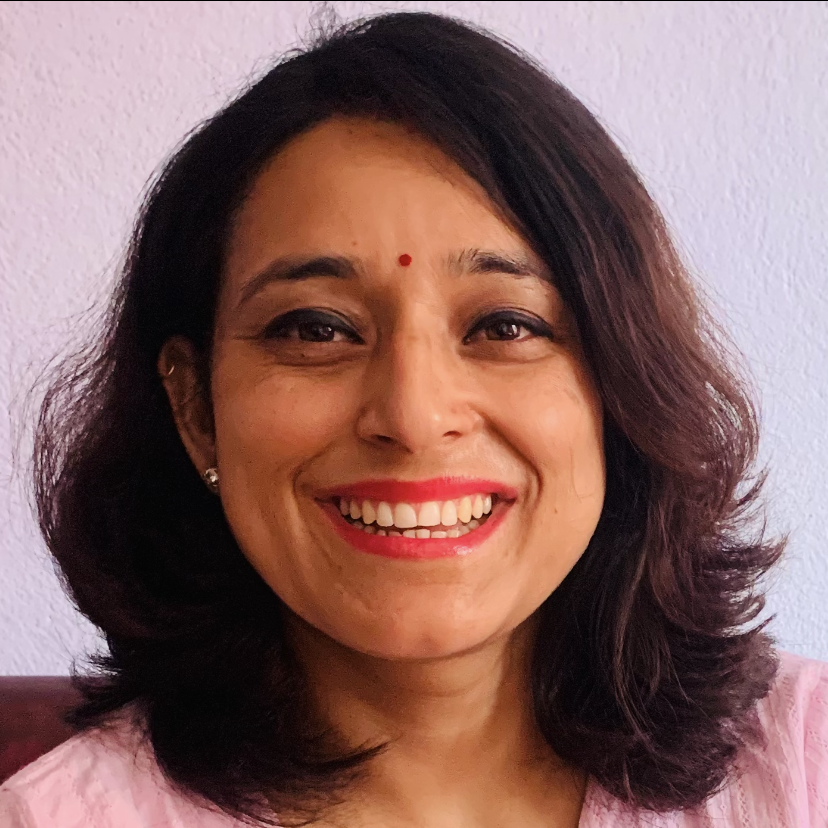 Around the year 2072 v.s. (2015 A.D.), I was pursuing an MPhil. in Sociology at Tribhuvan University in Kirtipur. During that time, I had to read various research-based articles published in different journals. However, such academic materials were not easily available at the university and they still aren’t. It was amidst this lack that I heard about Martin Chautari from seniors and friends. That is when I first visited Chautari, and my association with it continues to this day. I benefited from using its library and the resources available there to finish my degree. For those living in Kathmandu and involved in study and research, the lack of reliable resource materials is partially redressed by the Chautari library. In addition, MC provides a calm and academically supportive environment for students.
Around the year 2072 v.s. (2015 A.D.), I was pursuing an MPhil. in Sociology at Tribhuvan University in Kirtipur. During that time, I had to read various research-based articles published in different journals. However, such academic materials were not easily available at the university and they still aren’t. It was amidst this lack that I heard about Martin Chautari from seniors and friends. That is when I first visited Chautari, and my association with it continues to this day. I benefited from using its library and the resources available there to finish my degree. For those living in Kathmandu and involved in study and research, the lack of reliable resource materials is partially redressed by the Chautari library. In addition, MC provides a calm and academically supportive environment for students.
My first journal article was also published in Samaj Adhyayan, a journal edited at and published by Martin Chautari. This publication helped me gain a modest foothold in the academic sphere. Similarly, various academic discussions, workshops, and conferences organized by Martin Chautari—both at the national and international levels—have provided me and many others with access to an academic platform. The academic seminars held at MC, often led by renowned professors and scholars from Nepali and foreign universities, have played a significant role in the creation and dissemination of knowledge about Nepal. I try to participate in these discussions as often as I can. This has not only connected me to the academic world but also contributed to my personal development. For this reason, I consider Chautari an important companion in my academic journey.
Samjhana Wagle Bhattarai
Independent Researcher
COLLABORATING WITH CHAUTARI WAS AN ENRICHING EXPERIENCE – Safal Ghimire
COLLABORATING WITH CHAUTARI WAS AN ENRICHING EXPERIENCE – Safal Ghimire
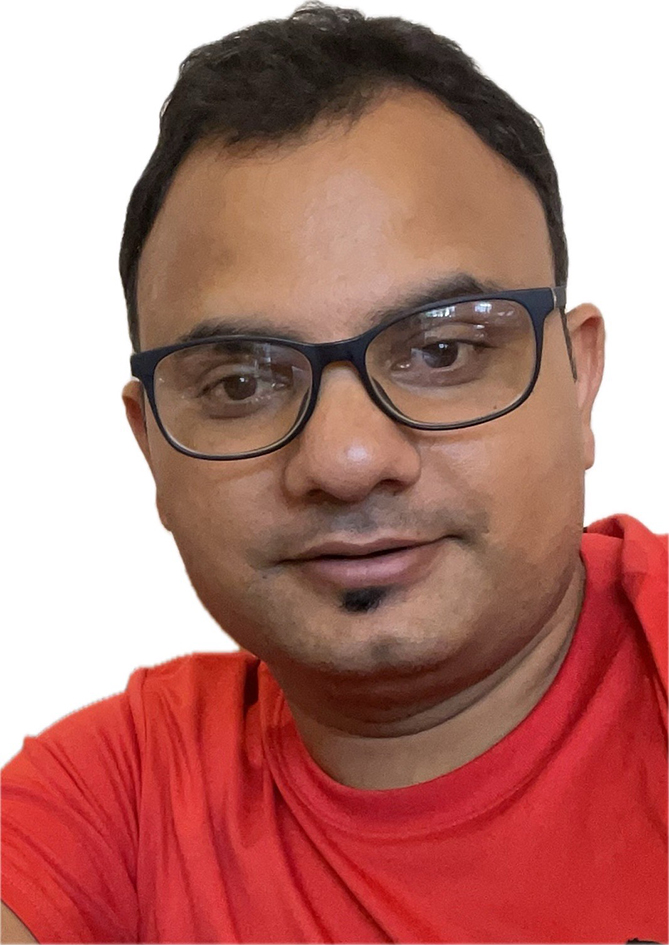 My engagements with Chautari have been a transformative experience, significantly shaping the trajectory and breadth of my research pursuits. I have passionately followed Chautari’s works since 2004. Its public discussions, library resources, and publications have played a pivotal role in shaping my comprehension of media, democracy, livelihood, sustainable development, and military affairs. The insights gleaned from Chautari’s publications, both in terms of research methodology and content, have proven invaluable.
My engagements with Chautari have been a transformative experience, significantly shaping the trajectory and breadth of my research pursuits. I have passionately followed Chautari’s works since 2004. Its public discussions, library resources, and publications have played a pivotal role in shaping my comprehension of media, democracy, livelihood, sustainable development, and military affairs. The insights gleaned from Chautari’s publications, both in terms of research methodology and content, have proven invaluable.
Chautari’s unwavering dedication to rigorous and peer-reviewed research is evident in the quality of its publications. The depth of analysis and extensive fieldwork showcased in some of its works has consistently served as an inspiration for my own projects. Access to its publications, facilitated through its library and website, has been instrumental in cultivating a more nuanced understanding of the intricacies within my own research domain.
Collaborating with Chautari, including the reception of a research grant—the Chautari Media Fellowship in 2009—was an enriching experience. The critical yet constructive peer-review process employed by Chautari elevated the rigor and credibility of my work. The feedback provided by Chautarians enhanced the validity and quality of my outputs.
Participation in Chautari seminars is intellectually stimulating. This platform has allowed me to disseminate my research findings to a broader audience, renowned for its critical yet civil discourse on researched ideas. Such a discussion culture is crucial to nurture in an emerging democracy like Nepal. The constructive dialogues and diverse perspectives shared during these sessions not only refine ideas but also cultivate valuable connections with like-minded researchers. Chautari’s commitment to fostering a collaborative research community is evident in the vibrant intellectual exchange that characterize these events.
Chautari’s commendable efforts in cultivating a research culture among aspiring Nepali academics and elevating the quality and impact of evidence-based publications deserve unequivocal appreciation. I extend my gratitude to Chautari for enriching my academic journey through its publications, collaborative publishing processes, seminars, and regular discussions.
Safal Ghimire
Manager – Policy, Research & Evaluation Department of Justice, Queensland Government, Australia
A SHARED JOURNEY – Karen Valentin
A SHARED JOURNEY – Karen Valentin
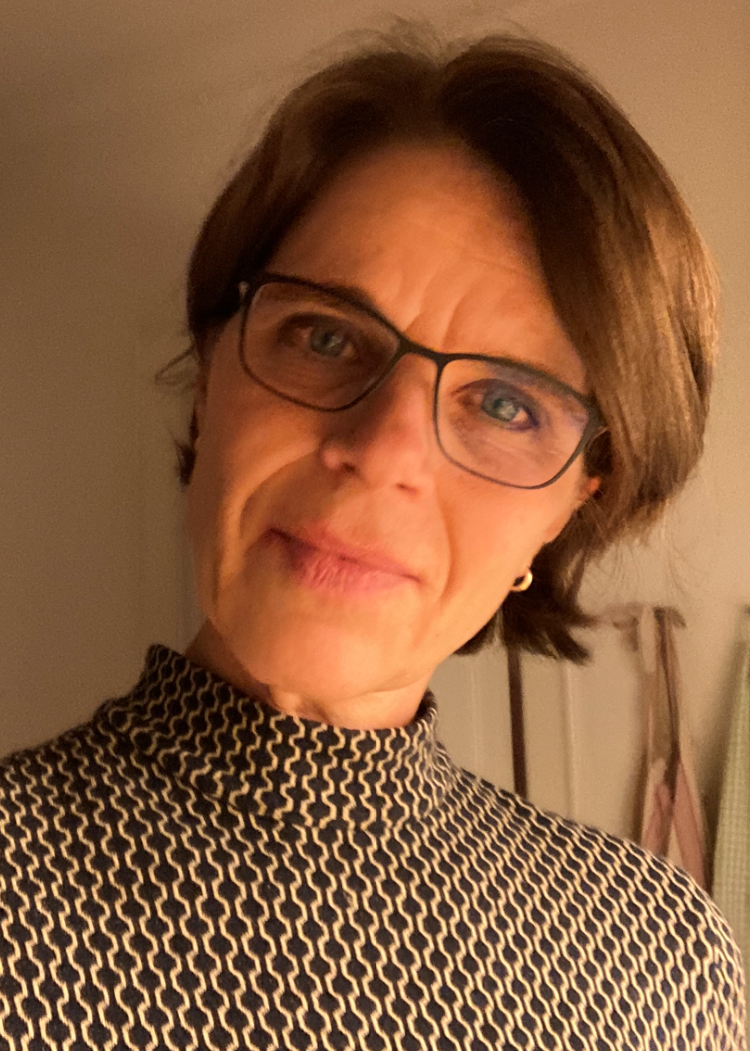 As a social anthropologist engaged in educational research in Nepal for the last three decades, I grew up with Martin Chautari as an academic backbone during my stays in Kathmandu. I have witnessed how MC developed from a debate forum for engaged, critical researchers into a substantive research organization involved in a broad range of academically advanced projects on issues of high relevance to Nepali society.
As a social anthropologist engaged in educational research in Nepal for the last three decades, I grew up with Martin Chautari as an academic backbone during my stays in Kathmandu. I have witnessed how MC developed from a debate forum for engaged, critical researchers into a substantive research organization involved in a broad range of academically advanced projects on issues of high relevance to Nepali society.
From early 2015 and over the following eight years, I had the pleasure of being part of a comprehensive collaborative research project, Locating Public Finance Dynamics in Education in Nepal, funded by the Danish Development Agency, Danida. As the lead institution, Martin Chautari competently took charge and guided partners from Kathmandu University and Aarhus University through the ups and downs that any large project spanning different disciplines, research traditions, and nationalities entails—all spiced up by the uncertainties created by COVID-19. As highlighted in Danida’s evaluation report, “... despite the Covid upheaval the project has published impressively,” including numerous academic articles, policy briefs, media posts, and not least, four PhD dissertations.
Working with the team at Martin Chautari was not only professionally rewarding but also personally enriching. The spirit of mutual respect, intellectual generosity, and genuine curiosity made the collaboration feel more like a shared journey than a formal partnership.
Karen Valentin
Associate Professor, Aarhus University, Denmark
A CRUCIAL CHAUTARI FOR NEPAL STUDIES – Katsuo Nawa
A CRUCIAL CHAUTARI FOR NEPAL STUDIES – Katsuo Nawa
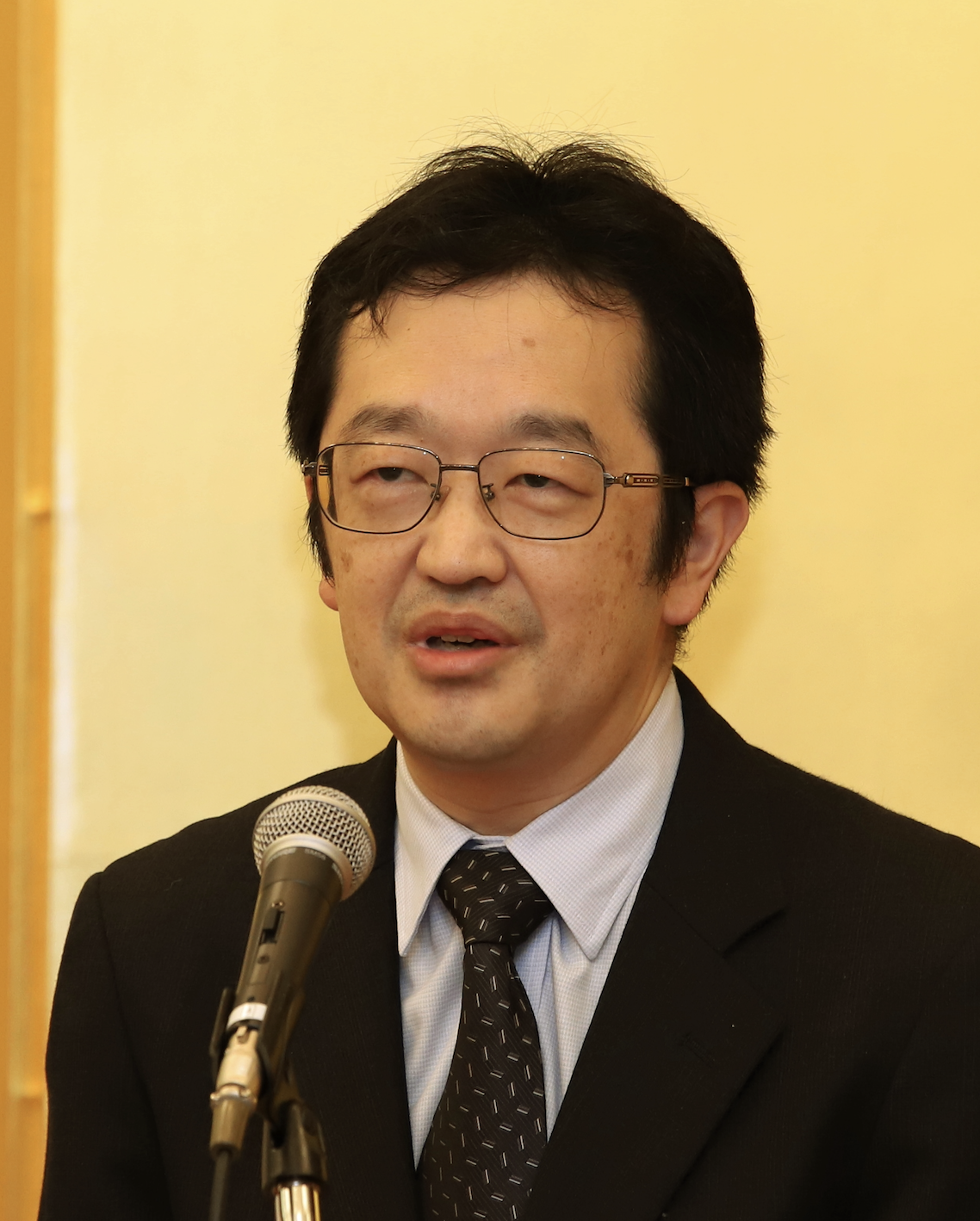 I cannot recall when I first heard the name Martin Chautari. Even before that, I had already recognized some of its (then, some still now) core members, first as editors and/or contributors of Studies in Nepali History and Society (SINHAS), the semi-annual academic journal full of surprisingly innovative and critical papers, and as editors of several Nepali books in media studies. Since SINHAS, Chautari Book Series, and Media Adhyayan began to be published directly by Martin Chautari, they have provided major reference points in my research on Nepal. Notably, SINHAS has become one of the first choices when considering where to submit papers on Nepal Studies in English, not only because it has been one of the best academic journals in Nepal Studies but also because I have received highly rigorous and constructive comments from its reviewers.
I cannot recall when I first heard the name Martin Chautari. Even before that, I had already recognized some of its (then, some still now) core members, first as editors and/or contributors of Studies in Nepali History and Society (SINHAS), the semi-annual academic journal full of surprisingly innovative and critical papers, and as editors of several Nepali books in media studies. Since SINHAS, Chautari Book Series, and Media Adhyayan began to be published directly by Martin Chautari, they have provided major reference points in my research on Nepal. Notably, SINHAS has become one of the first choices when considering where to submit papers on Nepal Studies in English, not only because it has been one of the best academic journals in Nepal Studies but also because I have received highly rigorous and constructive comments from its reviewers.
For over a decade now, when I visit the Kathmandu Valley, I have endeavored to attend seminars and discussions regularly held in MC. These events, where people from diverse backgrounds engage in free and equal debate, sometimes in English, sometimes in Nepali, have provided me with a much wider range of insights than obtained from reading literature or talking with my Nepali friends. In all these senses, I believe MC have served as a crucial chautari for Nepal Studies in both publication and events.
Katsuo Nawa
Professor, The University of Tokyo, Japan
MC HAS BEEN AT THE HEART OF MY JOURNEY AS A RESEARCHER – Uma Pradhan
MC HAS BEEN AT THE HEART OF MY JOURNEY AS A RESEARCHER – Uma Pradhan
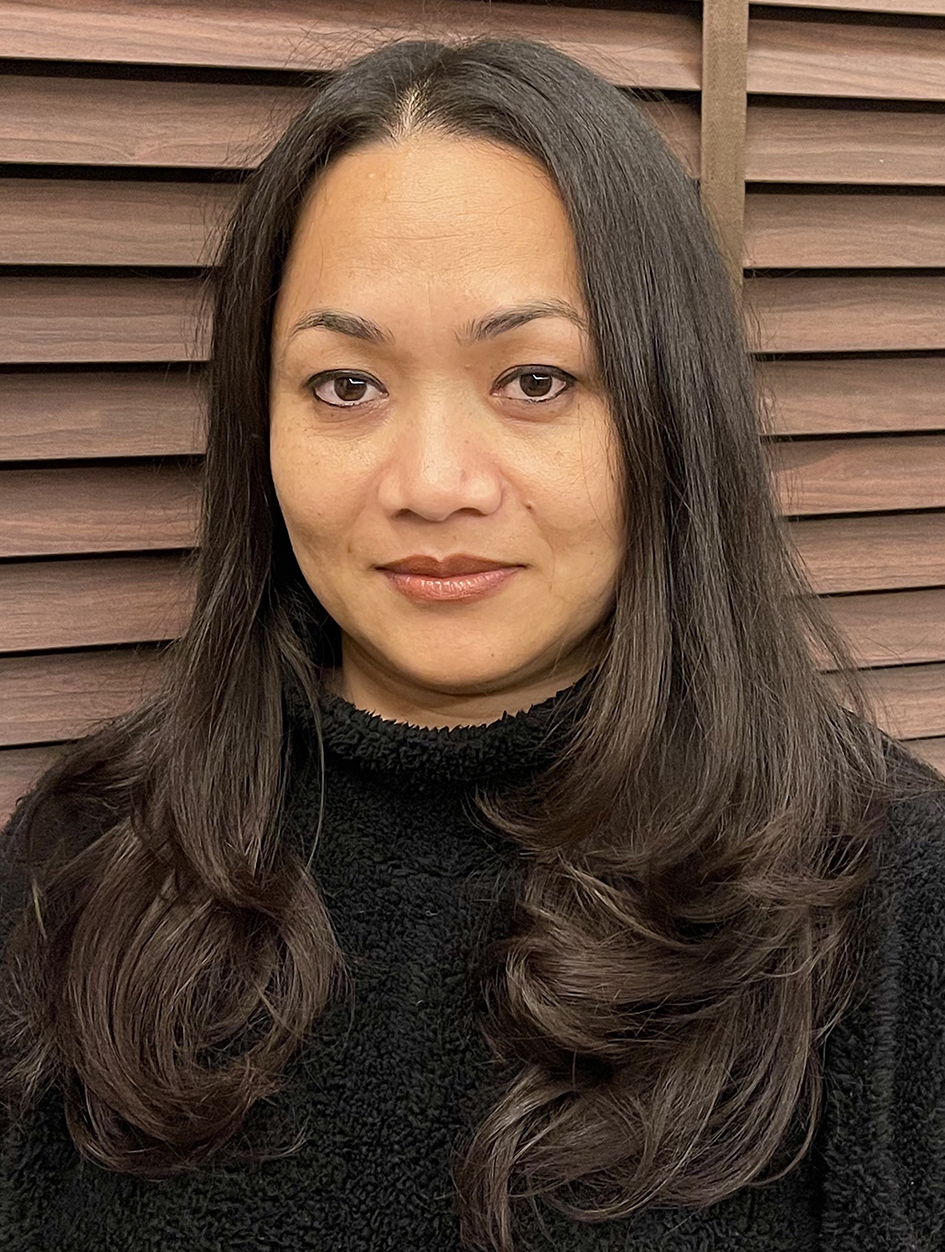 Martin Chautari has been at the heart of my journey as a researcher, especially through its focus on education in Nepal, which has shaped much of my own work. I first began engaging with its work during my DPhil fieldwork in 2013, and it has remained central to my research ever since. After completing my PhD, I joined the project Locating Public Finance Dynamics in Education in Nepal led by Chautari, working as a postdoctoral researcher based at Aarhus University, Denmark. That experience was a real turning point for me—it gave me the grounding and confidence I needed as an early career researcher. Working closely with a team whose scholarship I had long admired was both inspiring and profoundly formative. I have also been deeply influenced by Martin Chautari’s contribution to Nepal Studies. Studies in Nepali History and Society is still the leading journal in the field, and I have been fortunate not only to publish there and engage with its vibrant debates but also to serve as an Associate Editor. I have also relied extensively on the resources and networks that Martin Chautari sustains. It is hard to overstate how important its role has been, both for the wider study of Nepal and for my own research journey.
Martin Chautari has been at the heart of my journey as a researcher, especially through its focus on education in Nepal, which has shaped much of my own work. I first began engaging with its work during my DPhil fieldwork in 2013, and it has remained central to my research ever since. After completing my PhD, I joined the project Locating Public Finance Dynamics in Education in Nepal led by Chautari, working as a postdoctoral researcher based at Aarhus University, Denmark. That experience was a real turning point for me—it gave me the grounding and confidence I needed as an early career researcher. Working closely with a team whose scholarship I had long admired was both inspiring and profoundly formative. I have also been deeply influenced by Martin Chautari’s contribution to Nepal Studies. Studies in Nepali History and Society is still the leading journal in the field, and I have been fortunate not only to publish there and engage with its vibrant debates but also to serve as an Associate Editor. I have also relied extensively on the resources and networks that Martin Chautari sustains. It is hard to overstate how important its role has been, both for the wider study of Nepal and for my own research journey.
Uma Pradhan
Associate Professor, University College London, UK
A HUB OF KNOWLEDGE CREATION, RESEARCH DISSEMINATION, AND DEBATE – Roshee Lamichhane
A HUB OF KNOWLEDGE CREATION, RESEARCH DISSEMINATION, AND DEBATE – Roshee Lamichhane
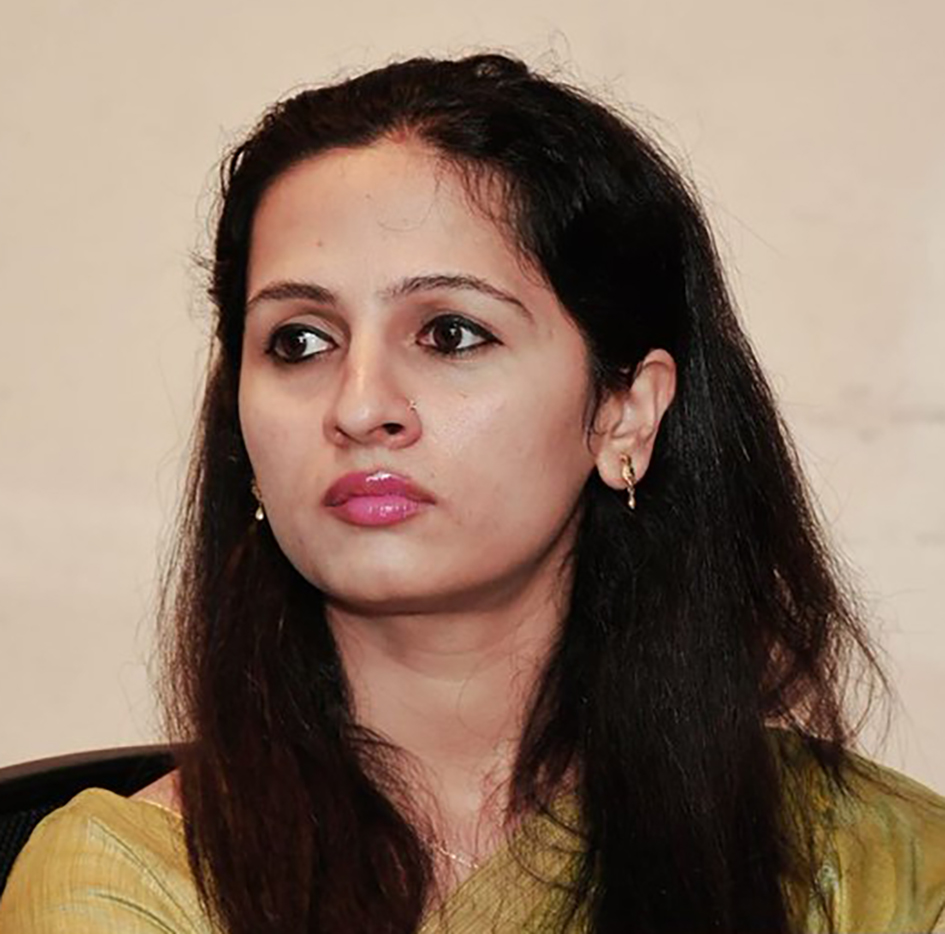 My initial interaction with the team from Martin Chautari started about six years ago, first as an audience member in one seminar it had organized and then three times as a speaker. I have presented on lab-based pedagogy in education, shared insights from my PhD research, and discussed transdisciplinary research. As a management scholar and educator, I was deeply impressed by the participants’ interest and insightful comments, many of whom were from fields other than management. Chautari’s role as a confluence of diverse ideas is what intrigues me the most. The debates, conversations, and deliberations on various topics are truly admirable. Equally commendable is the team’s persistent effort to bring together scholars, practitioners, and researchers to address contemporary issues.
My initial interaction with the team from Martin Chautari started about six years ago, first as an audience member in one seminar it had organized and then three times as a speaker. I have presented on lab-based pedagogy in education, shared insights from my PhD research, and discussed transdisciplinary research. As a management scholar and educator, I was deeply impressed by the participants’ interest and insightful comments, many of whom were from fields other than management. Chautari’s role as a confluence of diverse ideas is what intrigues me the most. The debates, conversations, and deliberations on various topics are truly admirable. Equally commendable is the team’s persistent effort to bring together scholars, practitioners, and researchers to address contemporary issues.
My interactions with Chautari’s participants and team members have enhanced my research, writing, and thinking skills. Beyond its discussion sessions, Chautari’s publications are notable for their high quality. The library’s collection, which covers society, literature, economics, and a wide range of other topics, is invaluable. The book Nepal in the Long 1950s (2024) which I recently read was insightful. I am confident that Chautari will continue to spark critical and contemporary discussions on the changing political, social, and economic systems that will shape Nepal’s future. I wholeheartedly support and encourage its ongoing efforts, whether in research, discussion, mentoring, or as a hub of knowledge and a library. Its rich history is a treasure that must be preserved for future generations.
Roshee Lamichhane
Assistant Professor, Kathmandu University School of Management, Nepal
SOMETHING QUITE EXTRAORDINARY – Ingemar Grandin
SOMETHING QUITE EXTRAORDINARY – Ingemar Grandin
 Martin Chautari is really something quite extraordinary. It has given Nepal Studies a firm platform for knowledge formation and sharp intellectual dialogue across three different sets of boundaries: between different research disciplines (such as history, anthropology, political science, literature, economic history, Indology, musicology); between Nepali scholars and foreign researchers from an array of countries and academic traditions (such as France, Germany, Austria, Japan, Britain, the USA, the Nordic countries); and between public intellectuals, journalists, academic researchers, social activists, and people working in the development sector as well as in policy and politics. What all have in common is a solid focus on Nepal and a deep engagement with concrete Nepali issues.
Martin Chautari is really something quite extraordinary. It has given Nepal Studies a firm platform for knowledge formation and sharp intellectual dialogue across three different sets of boundaries: between different research disciplines (such as history, anthropology, political science, literature, economic history, Indology, musicology); between Nepali scholars and foreign researchers from an array of countries and academic traditions (such as France, Germany, Austria, Japan, Britain, the USA, the Nordic countries); and between public intellectuals, journalists, academic researchers, social activists, and people working in the development sector as well as in policy and politics. What all have in common is a solid focus on Nepal and a deep engagement with concrete Nepali issues.
This variety of perspectives has served to enrich the work of participants, has a wide variety of applications (development, public intellectual discussion, policy, education and so on), and has fostered high quality research.
While research on Nepal always has had an inter- or multi-disciplinary orientation and involved practitioners from more or less all over the world, the widely scattered Nepal Studies “diaspora” (of which I myself am a member) typically came together only at few and long-between international conferences. With Chautari’s infrastructure of discussions, journals and books we now have a central node for exchange of ideas and research results, thus making the globally dispersed scholars of Nepal into a real community. Chautari’s own research efforts and mentorships mean that this community is also continuously reinforced with (often up-and-coming) Nepali scholars.
I myself have researched the cultural, media-related, social, material and political transformation of Nepal—from the Panchayat era to the Republic—with musical practices as a point of entry since 1981, with PhD fieldwork in 1985–1988, follow up research in situ in 1992–1998 plus a number of shorter periods since then. When Martin Chautari gradually came into being, I found it very welcome since (unlike my French, British or German colleagues) I had no relevant infrastructure “at home” to rely upon—and indeed indispensable for my research work.
A little paradoxically, I found Chautari to be fundamentally important when working from my home environment at a Swedish university, far from Nepal. Chautari—and especially the journal Studies in Nepali History and Society (SINHAS)—makes it possible to keep up the connection, meet writings of upcoming scholars, and stay tuned to what goes on at the research frontier of Nepal Studies. I’ve learned a lot also from being a reviewer for a number of SINHAS articles. Unlike most other academic journals, in an issue of SINHAS I regularly find all articles worth reading: they present interesting data, well-thought-out arguments, and to-the- point discussion. The writers, moreover, clearly know what they talk about!
I myself see SINHAS as the first-hand alternative for an article. This is where one can write for informed readers (as well as probing and initiated reviewers!) and reach a relevant readership. In a SINHAS article one can go directly to the case at hand—in this journal unlike most others, it is not necessary to devote a third or so of the paper to “background” information on Nepal, or to refrain oneself to make points only on an abstract analytical level which will work for “any” society or culture.
What Chautari in general and SINHAS in particular provides us with, then, is high quality research that instead of staying within (often Western-biased) internal disciplinary concerns (theories, arguments and so on) remains rooted in Nepali concerns and realities. I’m glad that I have been able to take a small part in Martin Chautari’s efforts to institutionalize, enhance and put into practical action Nepal Studies.
Ingemar Grandin
Senior Lecturer (retired), Linköping University, Sweden